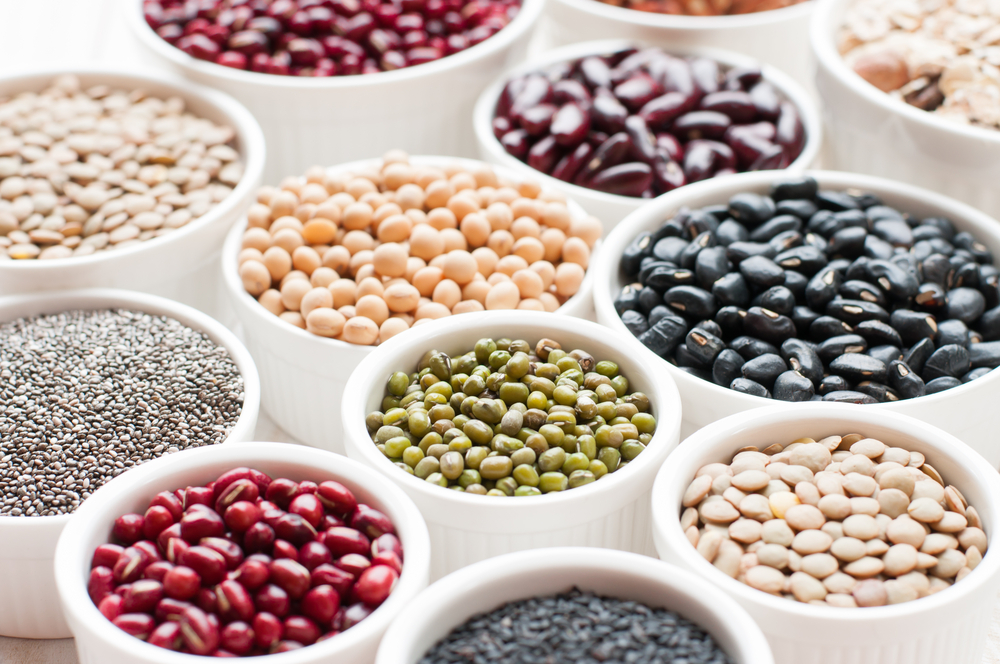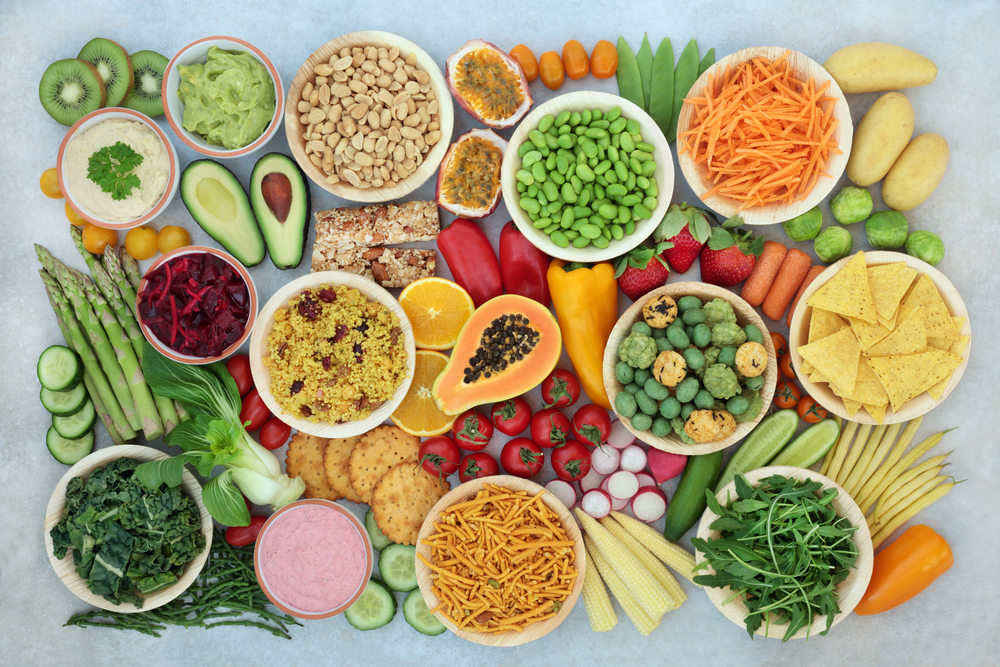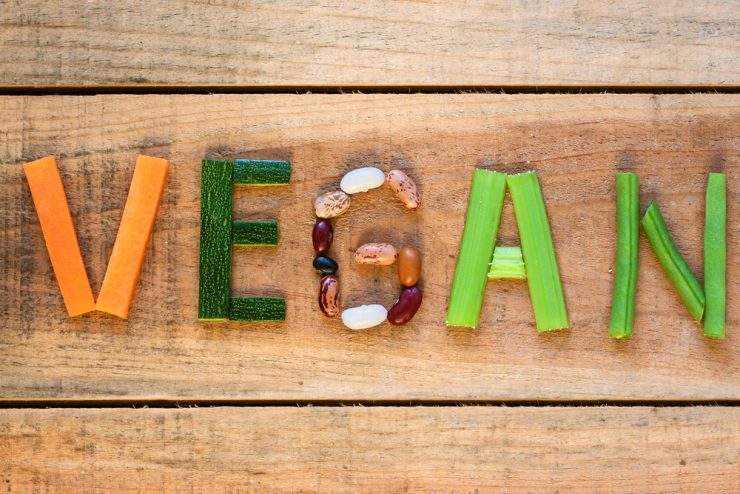“I’ve been reading about World Vegan Day on November 1st, which brings the whole topic of ‘do I don’t I’ into focus! Essentially, I’m quite a big meat-eater, mainly because animal protein keeps me feeling fuller for longer. However, I’m aware of the environmental and health benefits around eating a vegan diet. What are your thoughts on becoming vegan?”
Clinical Nutritionist, Suzie Sawyer, answers:
World Vegan Day certainly brings the whole question into sharp focus and encourages more awareness around the topic of vegan diets.
The importance of protein

When people follow a completely vegan diet, they need to be aware of getting sufficient protein from plant sources. While plant sources of protein such as beans, including soya, lentils, chickpeas, and grains including quinoa, buckwheat, and rice, contain many health benefits, they are all low in some of the essential amino acids. These amino acids are termed ‘essential’ because the body cannot make them, and they have to come from supplements or the diet. Combining rice and beans can help to rectify the situation.
Feeling fuller for longer
Protein triggers our satiety hormone, which is why eating protein keeps us feeling fuller for longer. And the fact that animal produce contains all the essential amino acids is the reason why it helps you to keep that feeling too. Plus, it’s higher in fats.
The importance of Vitamin B12 and Iron
Vitamin B12 is mainly found in animal produce and is essential for the formation of red blood cells and the healthy functioning of the nervous system. The mineral iron, essential for energy and cognition, if found in a more absorbable form in meat product, but is present in plant sources, especially green leafy vegetables. So, you can see how important it is to be aware of avoiding nutrient deficiencies.
The benefits of a plant-based diet

The benefits of eating a plant-based diet are well documented especially for the heart, digestion, and weight management. Importantly, plants are loaded with fibre which is essential for a healthy digestion and also to nurture that all-important gut bacteria, key to our overall wellness. A healthy gut microbiome is one of the most important factors in maintaining a well-functioning immune system.
The benefits to the environment for us of eating more plants is also a major factor to consider. Additionally, it’s important to try and eat foods in season and locally sourced to obtain the best nutrient profile, as well as trying to keep carbon footprint to a minimum.
Being fully vegan and obtaining the full profile of nutrients is possible but needs planning as well as including some supplements, especially vitamin B12. Many people manage this successfully. However, in your situation, I would consider starting with a flexitarian approach, which can work well. Maybe have three or four days per week eating only plant-based meals which will still provide the benefits I’ve outlined above and give you a great dietary balance.
I hope this helps your decision.















Add comment